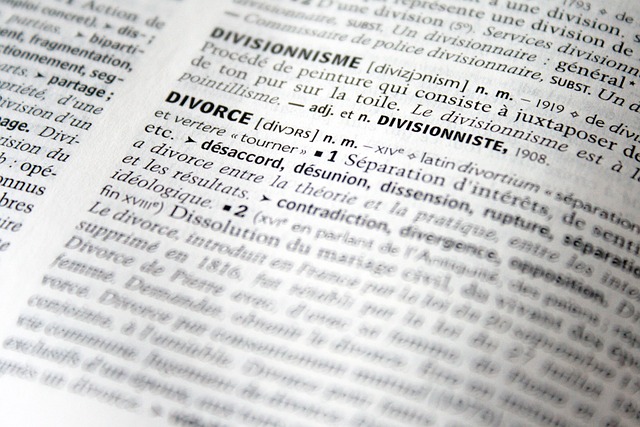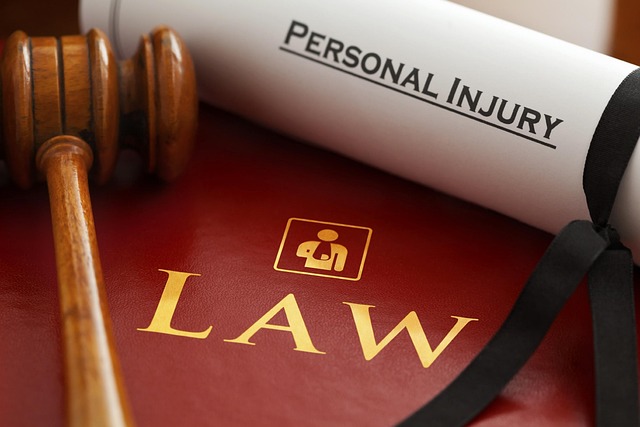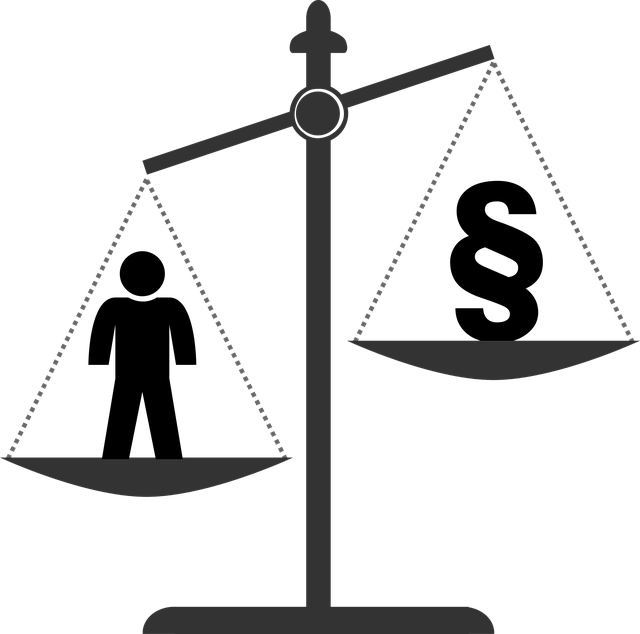Healthcare law firms act as navigators in medical law, focusing on plea bargaining agreements. They bring expertise and ethical awareness to these negotiations, ensuring fair outcomes for clients while adhering to regulations. Their work contributes to a more efficient justice system by balancing individual rights and public interest. Ethical Considerations in Plea Bargaining Agreements are crucial, as they impact legal outcomes and public trust, requiring firms to advocate for clients while maintaining the integrity of the legal process.
In the intricate landscape of healthcare law, understanding the role of specialized firms in plea bargaining agreements is paramount. This article delves into the dynamics of Healthcare Law Firms and their significant impact on legal processes, particularly Ethical Considerations in Plea Bargaining Agreements. We explore the ethical dilemmas that arise, key guidelines for compliance, and strategies to navigate these complex issues effectively. By examining these aspects, we aim to illuminate the crucial balance between legal representation and ethical integrity within healthcare jurisprudence.
- Understanding Healthcare Law Firms and Their Role in Plea Bargaining
- Ethical Dilemmas Arising in Plea Bargaining Agreements
- Key Ethical Considerations for Healthcare Law Firms
- Strategies to Ensure Ethical Compliance in Plea Bargaining Processes
Understanding Healthcare Law Firms and Their Role in Plea Bargaining

Healthcare Law Firms play a pivotal role in navigating complex legal landscapes within the medical sector. Their expertise extends to various areas, but one significant aspect is their involvement in plea bargaining agreements. This process, where criminal charges are reduced or dismissed in exchange for a guilty plea, requires meticulous handling due to the sensitive nature of healthcare-related offenses.
These law firms bring a unique blend of legal knowledge and ethical considerations to the table. They guide clients through the intricate web of regulations and policies, ensuring that agreements are reached fairly and in compliance with the law. By focusing on achieving extraordinary results while upholding the integrity of the respective business, healthcare law firms contribute to a more efficient justice system across the country. Ethical considerations in plea bargaining agreements are paramount, as they protect both the rights of individuals and the public interest, fostering trust in the legal process.
Ethical Dilemmas Arising in Plea Bargaining Agreements

In healthcare law firms, ethical dilemmas often arise during plea bargaining agreements, requiring meticulous navigation through complex legal and moral landscapes. As these agreements can significantly impact both the accused’s outcome and public trust in the justice system, every step must be carefully considered. The process demands a delicate balance between ensuring just punishment and promoting healing for victims, which can create challenging scenarios for general criminal defense attorneys.
Across the country, ethical considerations in plea bargaining agreements have gained unprecedented prominence due to their profound effects on society’s perception of fairness. Healthcare law firms face the daunting task of advocating for their clients while upholding the integrity of the legal process. This delicate equilibrium is especially crucial given the high-stakes nature of these cases and the long-lasting impact on individuals’ lives, making it imperative for attorneys to showcase an unprecedented track record in ethical conduct.
Key Ethical Considerations for Healthcare Law Firms

Healthcare law firms face a unique set of challenges when it comes to ethical considerations. As advocates for patients, healthcare providers, and institutions, these firms must navigate complex legal and moral territories. One such area is plea bargaining agreements, where Ethical Considerations in Plea Bargaining Agreements play a pivotal role. The balance between securing just outcomes for clients while upholding the integrity of the healthcare system demands careful scrutiny.
Firms specializing in healthcare law often find themselves at the intersection of white-collar and economic crimes, requiring a nuanced approach. They must ensure that their actions do not undermine patient rights or compromise the public’s trust. Moreover, by actively engaging with both the philanthropic and political communities, these legal experts can foster positive change. Achieving winning challenging defense verdicts is not merely about advocacy; it’s about upholding ethical standards that shape the future of healthcare delivery.
Strategies to Ensure Ethical Compliance in Plea Bargaining Processes

In the intricate landscape of healthcare law, plea bargaining is a critical process that requires meticulous navigation through ethical considerations in plea bargaining agreements. To ensure integrity, legal firms must implement robust strategies focusing on transparency and fairness. This involves clear communication with clients about the potential outcomes, including scenarios where a complete dismissal of all charges could be negotiated, especially in white collar defense cases involving complex white collar and economic crimes.
Firms should establish comprehensive internal protocols that guide attorneys throughout the bargaining process. These guidelines must emphasize the importance of mitigating potential biases and ensuring the client’s best interest is paramount. Regular training sessions on ethical practices and a culture of integrity can empower legal teams to navigate these negotiations with finesse, upholding professional standards while achieving favorable outcomes for their clients.
Healthcare law firms play a pivotal role in plea bargaining processes, navigating complex legal and ethical dilemmas. By understanding the dynamics of these agreements, firms can ensure fair practices while adhering to strict regulatory frameworks. Ethical considerations in plea bargaining agreements are paramount, requiring meticulous attention to detail and proactive strategies for compliance. Through implementing robust internal guidelines and staying informed about evolving legal landscapes, healthcare law firms can foster integrity within their practices, ultimately contributing to a more transparent and just healthcare system.






